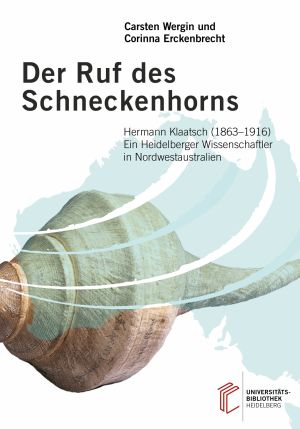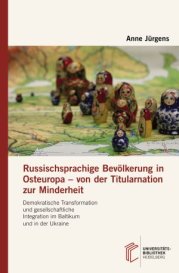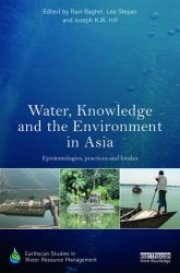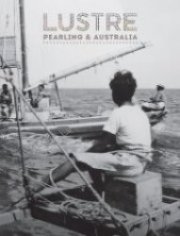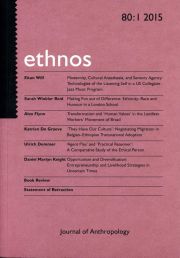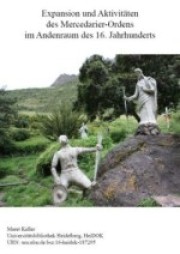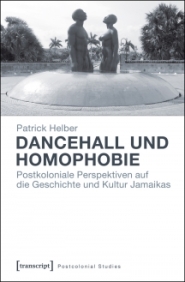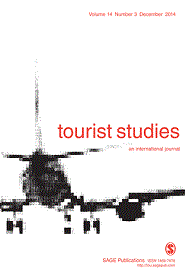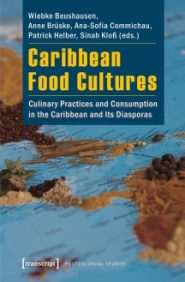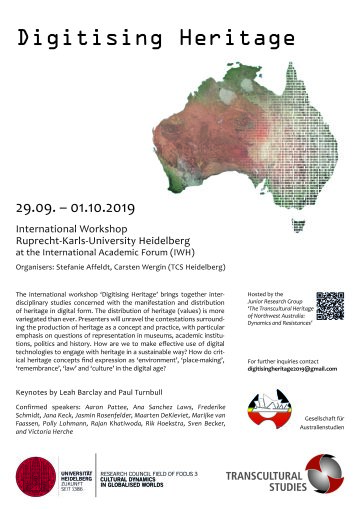Transcultural Studies / Transkulturelle Studien
Since 2007, Heidelberg University as a comprehensive research university has successfully participated in the Excellence Initiative founded by German federal and state governments. The interdisciplinary research project Transcultural Studies was founded as a part of the Institutional Strategy of the Excellence Initiative, setting the objective to test new career models in the humanities. This goal has been achieved by establishing independent Research Groups, by granting Research Group Leaders the right to supervise PhD-candidates to non-habilitated researchers, and by providing them with independent budgetary and administrative responsibility.
The project’s second main objective was to overcome the segmentation of traditional area studies. This has been achieved by the transgression of such classical area studies as History, Linguistics and Anthropology (e.g.) and testing new methods of transcultural and interdisciplinary research.
In addition, lasting impacts on teaching as well as consolidation and expansion of co-operations within and outside the University have been pursued through the Heidelberg Center for Transcultural Studies (HCTS), launched in 2013, combining the complementary work of the Transcultural Studies and the Cluster of Excellence Asia and Europe through the fusion of both institutions on a conceptual level.
Speaker: PD Dr. Carsten Wergin
International Workshop in collaboration with the German Australian Studies Association (GASt)
For further inquiries and to register contact
digitisingheritage2019@gmail.com
A detailed programme is available HERE
Research Groups:
-
Dr. Jenny Oesterle: "Schutzgewähr in Phasen religiöser und politischer Expansion"
Die Nachwuchsforschergruppe untersucht Schutzkonzepte und –praktiken in Lateineuropa, dem Mittelmeerraum, dem Nahen Osten, Zentralasien und Afrika mit einem Schwerpunkt auf dem Zeitraum zwischen 500 und 1500. Die Gruppe konzentriert sich insbesondere auf individuelle Fälle von Schutzgewähr für Verfolgte, beispielsweise den Schutz von Sklaven, Frauen, Andersgläubigen, Kriminellen und Rebellen in Phasen politischer und religiöser Expansion, etwa während der Christianisierung Lateineuropas oder der Islamisierung der arabischen Halbinsel, (Nord)afrikas und Zentralasiens [...]
- PD Dr. Carsten Wergin: "The Transcultural Heritage of Northwest Australia: Dynamics and Resistances"
Natural and cultural values align diverse actors in collective responses to ecological transformations. The research group studies these alliances that are formed by (among others) environmentalists and local community members, tourist and travellers, politics and media, to present new insights into how transcultural heritage, reconciliation and sustainable development might be conceived of differently, namely as ecological projects of biocultural hope that take Indigenous knowledge seriously.
- Dr. Anne Brüske: "Karibik-Nordamerika und zurück. Transkulturationsprozesse in Literatur, Populärkultur und Neuen Medien" (associated since 09/2017)
A young generation of authors, whose parents were born in Puerto Rico, the Dominican Republic or Haiti, has emerged in the United States of America. The authors, however, grew up in the United States, which explains why English is their preferred language to express themselves. To a large extent, their literature covers autobiographical topics of partly beneficial as well as conflict-bearing transcultural experiences. "Transculturation" or "transculturality" shall be used to denote merging cultures and their products. My basic research hypothesis examined in this project is that these prose texts, produced by the second generation of immigrants from the Spanish (and French) speaking Caribbean, create collective realms of memory, which serve as "spaces in between", i.e. linking the current centre of life, the United States, with the respective country of origin. […]


